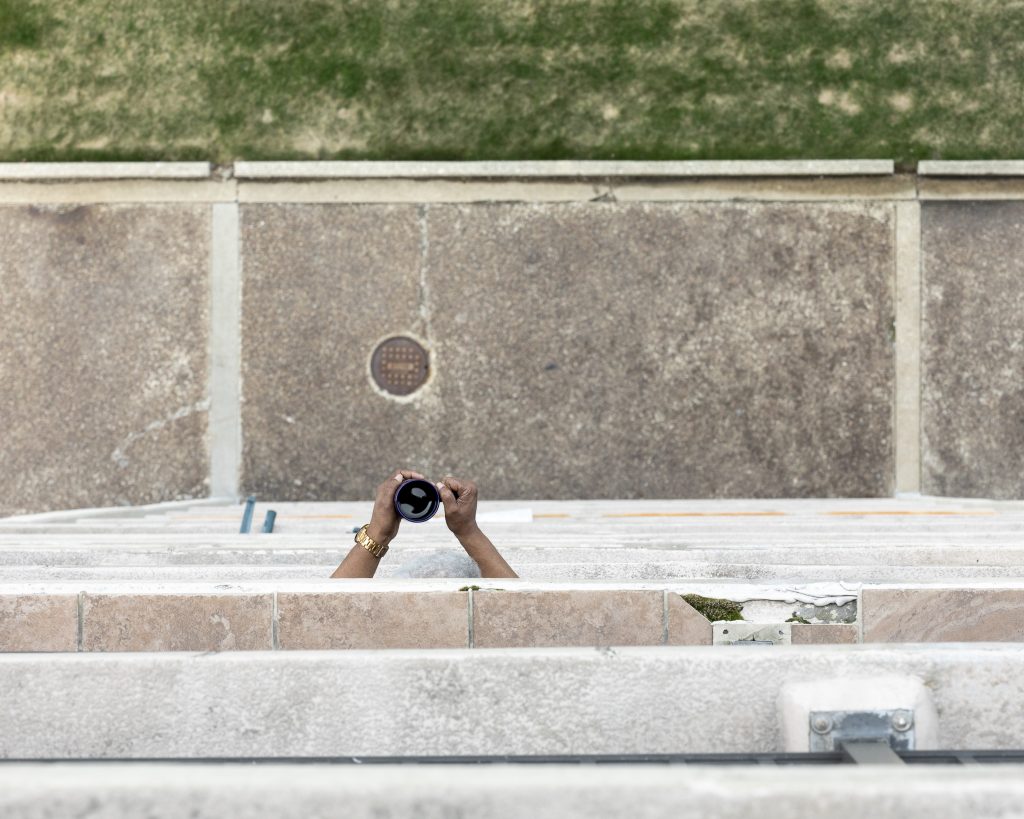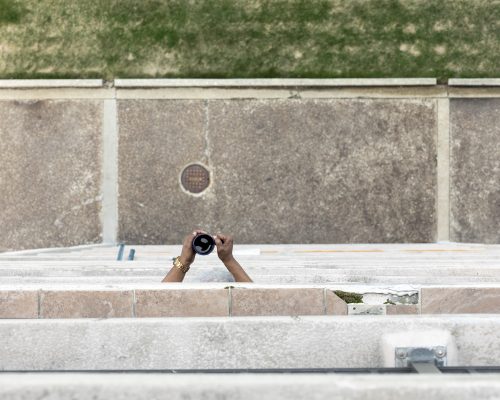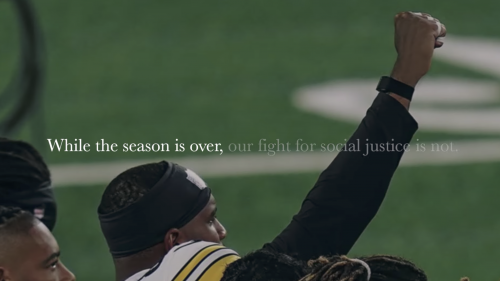
Moving Forward: Decolonizing Curriculum Within Arts Education, and Other Late Night Thoughts
I have a thesis to write and there seems to be about 8 million things I can do before even sitting down to think on whatever it is that I’m ultimately going to turn in. It was hard enough in the Beforetimes as someone with the ADD of an over caffeinated LA YouTuber, and now here we are, month 12,352 of Pandemic and things are maybe just starting to turn around.
I looked over my last blog for inspiration only to find that I had laid out a full proof plan to tackling distraction and academic responsibilities, which I promptly posted and never looked at again. I should take my own advice. It was good advice. It’s hard to find motivation at your makeshift desk in your grad school bedroom. Unlike Carrie Bradshaw, I prefer a designated location outside of my living space that signals to my brain, “Here is where the work happens.”

Photo by Natasha Moustache
The thing is, we’ve been doing this for a minute now. We should have achieved some sort of collective normalcy in which to exist, love, work, create. Alas, as I manage 16 conversations a day over various social media platforms, dating apps, and texts the overwhelming constant is a feeling of, ugh. Truly it’s something with a bit more vulgarity but we’ll save that for the apps. Folx are frustrated. I am frustrated. We’re tired. We miss our friends, our family, our partners; sweaty dancing, one too many drinks with friends, live music that’s just ok but hell, you already bought a ticket. What I’d give to play armchair war with some equally deserving patron at a Broadway show while I cry over the harmony of the grand finale. OK, maybe the last one’s a bit niche, but you get the point. When will this end? I’m beginning to enjoy my chiropractor appointments a little too much.
In perhaps what is the most divided time in this country’s history since the Civil War, we’re all somehow more aligned and connected in our wants and needs than ever before. The idea of ‘Togetherness,’ seems to permeate the atmosphere, if only through Columbia’s social distancing signs, the NFL’s Super Bowl commercials and the latest attempts by corporations to pivot in the face of a contentious election and a new administration. Intentionally moving forward is important and there is a case to be made for forgiveness – if only for the benefit for those granting the forgiveness – but attempts at forgetting and burying our country’s racist history is what got us here in the first place. How do we heal without acknowledging the systems of white supremacy that our beloved country and institutions, academia included, are founded on?

Screen capture from NFL Super Bowl ‘Inspire Change’ commercial.
Decolonizing the curriculum is the first and most urgent step to begin the process of healing and transforming the systems that hold up and support white supremacy. The walls of our most venerated museums are lined with works of art created primarily by white artists, in particular, white male artists. A recent study published by PLoS ONE in March of 2019 found that 84.7% of art collected by major US museums were created by white artists, 87% by men. Only 1.2% of the work collected belonged to Black artists. If we hope to see Black and POC artists recognized and honored by institutional gatekeepers, perhaps we should start expanding and decolonizing the lens through with hopeful future curators are taught. If the canon of photography does not include artists who look like me or are artists of color because educators refuse to expand upon the Eurocentric limitations of their formative education, not only are we perpetuating systems of exclusion, but I as a student am not being provided with the most up-to-date education on which to stand upon moving forward. Reexamining the ways in which our current curriculum upholds systems of oppression is necessary and urgent, and anything less is a disservice to the future of the Arts. This is one thing on which we must not lose focus.

Apinda Mpako and Ayanda Magudulela, Parktown, Johannesburg (Being), 2007. Silver gelatin print, Zanele Muholi
As of January 2021, Columbia College’s newly created Antiracism Transformation Team (ArTT) has begun meeting. According to the Columbia website, the team is comprised of selected Columbia students, faculty, and staff and is tasked with ‘leading antiracism efforts on campus, includ[ing] [but] not limited to: the equitable redistribution of institutional power, establishing clear accountability protocols, recommending financial priorities, and equitable support of various constituents across the college.’ This is a necessary and welcome first step and I’m encouraged by Columbia’s efforts to hold themselves accountable in the charge to decolonize academia. I look forward to seeing how the ArTT implements long overdue change.
